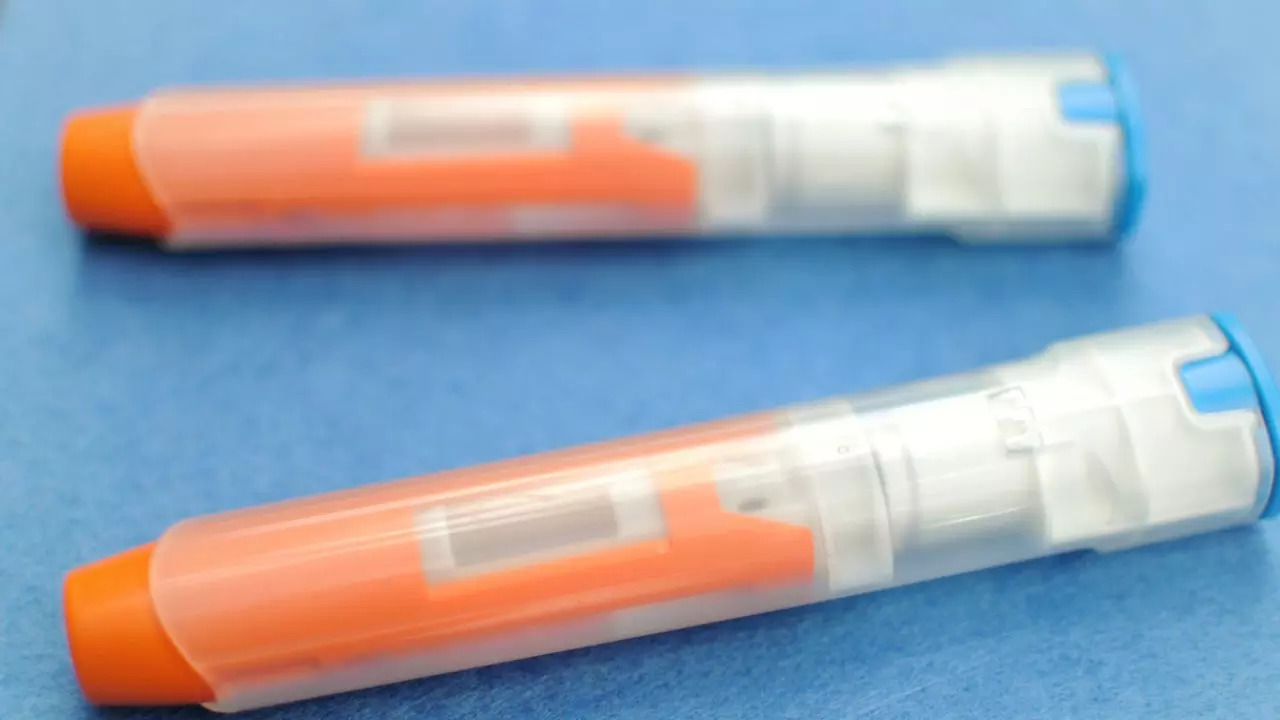FDA approves first nasal spray to treat allergic reactions. Learn more. (Image credit: iStock)
For the first time, the U.S. Food and Drug Administration has approved ARS Pharmaceuticals’ nasal spray as the first needle-free emergency treatment for fatal allergic reactions called anaphylaxisThe spray will be sold under the Neffy brand and is seen as an alternative to EpiPen and other auto-injectors.
What is anaphylaxis?
Anaphylaxis is a severe, potentially life-threatening allergic reaction that occurs immediately after you’ve been exposed to something you’re allergic to. For example, peanuts can release a flood of chemicals into your immune system that sends your body into shock.
Neffy is a single-dose nasal spray that is administered into one nostril. It was approved for use in adult and pediatric patients who weigh at least 66 pounds. Kelly Stone, associate director of the FDA“Some people, especially children, may delay or avoid treatment because of fear of injections,” the University of Virginia’s Center for Drug Evaluation and Research said. It added that the availability of the nasal spray may reduce barriers to prompt treatment.
What to do when you have an allergic reaction?
If you start to experience an exercise-induced allergy, be sure to stop what you’re doing right away and rest. Also, call emergency services if your symptoms get worse. In addition to shortness of breath, if you have a weak and rapid pulse, confusion, and loss of consciousness, you should go to a hospital.
Doctors recommend carrying an epinephrine auto-injector, which helps mitigate the reaction in an emergency. However, do not attempt to administer oral medications to a person who cannot breathe, as it may be necessary to begin performing CPR while waiting for emergency services. If you do not know how to perform CPR, try to find someone who does.
It’s important to see your doctor for a complete physical exam if you’ve had exercise-induced anaphylaxis. Keep track of the foods you eat and your condition before you exercise. Most importantly, find out how long before you exercise you should avoid the food, trigger, or allergen that’s causing your allergic reaction.
Avoid exercising outdoors during allergy season and in extreme temperatures. Exercise with a partner who is familiar with your condition and who knows what to do in an emergency.
Disclaimer:
The information contained in this post is for general information purposes only. We make no representations or warranties of any kind, express or implied, about the completeness, accuracy, reliability, suitability or availability with respect to the website or the information, products, services, or related graphics contained on the post for any purpose.
We respect the intellectual property rights of content creators. If you are the owner of any material featured on our website and have concerns about its use, please contact us. We are committed to addressing any copyright issues promptly and will remove any material within 2 days of receiving a request from the rightful owner.

